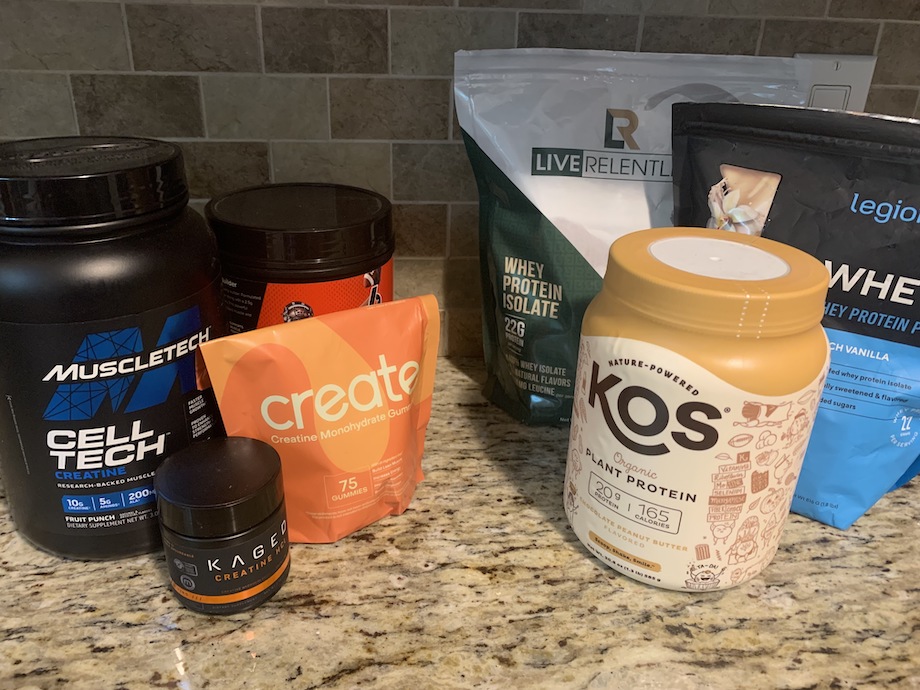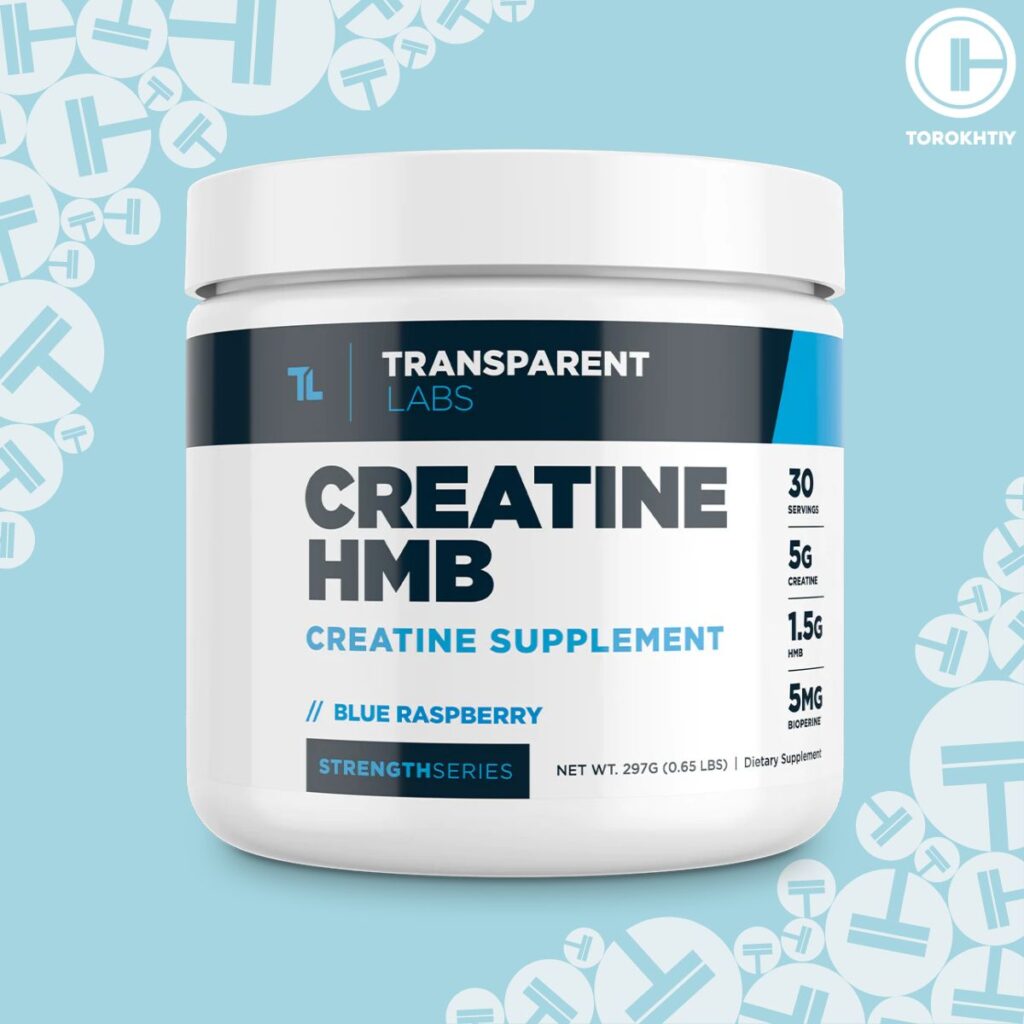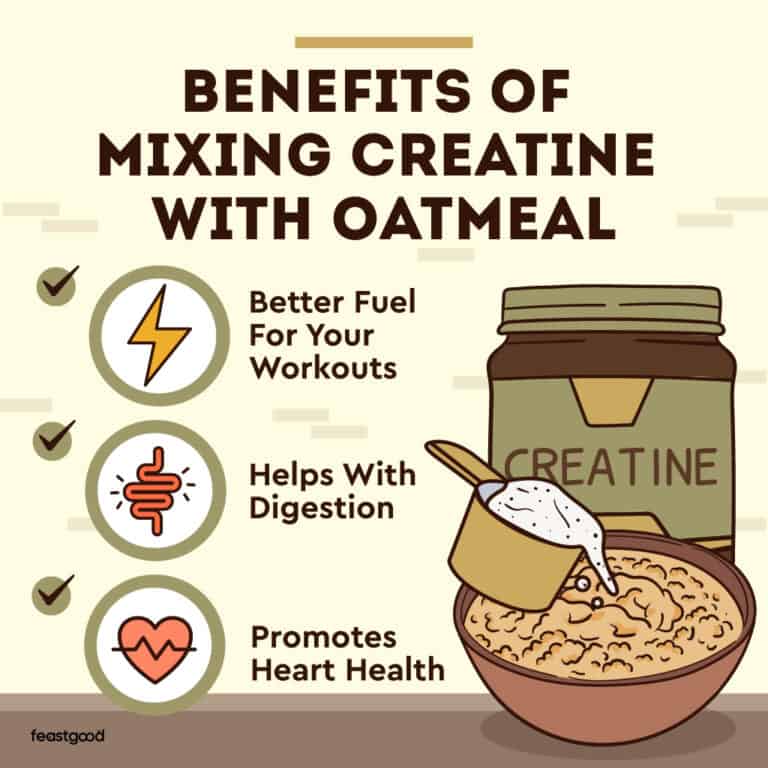Best Thing To Mix Creatine With

Creatine, a popular supplement among athletes and fitness enthusiasts, is known for its ability to enhance muscle strength and power. However, maximizing its benefits often comes down to understanding the best way to ingest it. The ongoing debate centers on what liquids and nutrients enhance creatine absorption and effectiveness.
This article delves into the science-backed recommendations for optimizing creatine intake. We will explore the most effective fluids and nutrient combinations to maximize the supplement's potential. This comprehensive guide aims to provide readers with evidence-based information to make informed decisions about their creatine supplementation strategy.
Understanding Creatine and Absorption
Creatine is a naturally occurring compound found in muscle cells. It aids in the production of adenosine triphosphate (ATP), the primary energy carrier in cells, especially during high-intensity activities. Supplementing with creatine increases the available creatine stores, leading to improved performance.
Effective absorption is crucial for creatine to exert its benefits. Several factors, including the presence of other nutrients and the timing of ingestion, can influence how well the body absorbs and utilizes creatine. Understanding these factors is key to optimizing its effects.
The Role of Carbohydrates
Carbohydrates are frequently cited as beneficial for creatine absorption. When carbohydrates are consumed, they trigger the release of insulin. Insulin helps transport creatine into muscle cells.
Studies have shown that combining creatine with high-glycemic carbohydrates can lead to greater creatine uptake compared to taking creatine alone. This is due to insulin's role as a facilitator for creatine transport.
Sources of carbohydrates often recommended include fruit juice (such as grape juice), sports drinks, or even simple sugars like dextrose. The key is to choose carbohydrates that cause a rapid spike in insulin levels.
The Importance of Protein
Protein, alongside carbohydrates, can also contribute to enhanced creatine absorption. Like carbohydrates, protein can stimulate insulin release, further aiding in creatine transport into muscle cells. Protein is essential for building and repairing muscle tissue.
Combining creatine with a protein source, such as whey protein or casein protein, may provide a synergistic effect. This combined approach promotes both creatine uptake and muscle protein synthesis.
Research suggests that a mix of carbohydrates and protein may be the most effective strategy. This combination maximizes insulin response while providing the building blocks necessary for muscle growth and recovery.
Water: The Essential Component
Regardless of what other nutrients are combined with creatine, adequate hydration is paramount. Creatine draws water into muscle cells, which can lead to increased cell volume and potentially enhance muscle growth. Water is the most essential.
Dehydration can hinder creatine's effectiveness and may even lead to side effects such as muscle cramps. It is crucial to consume sufficient water throughout the day, especially when supplementing with creatine.
Aim for at least eight glasses of water daily, and increase intake during periods of intense exercise or hot weather. Maintaining proper hydration ensures that creatine can be efficiently transported and utilized by the body.
Milk: A Practical Option
Milk presents a convenient and effective option for mixing with creatine. It naturally contains both carbohydrates (lactose) and protein (casein and whey). The presence of lactose aids in creatine absorption.
Milk is readily available and easily digestible for most individuals. It provides a balanced combination of nutrients that support creatine uptake and overall muscle health.
Dairy milk can be a great source if you are not lactose intolerant. Consider lactose-free alternatives if you're sensitive to lactose.
Potential Downsides to Consider
While mixing creatine with carbohydrates and protein generally enhances absorption, some individuals may experience digestive discomfort. High doses of simple sugars can lead to bloating or gastrointestinal distress in sensitive individuals.
It's crucial to experiment and find the combination that works best for your individual tolerance. Starting with smaller doses and gradually increasing them can help minimize potential side effects.
Some individuals may not respond as well to creatine supplementation regardless of the mixing method. Genetic factors and pre-existing creatine stores can influence the supplement's effectiveness.
Conclusion
Optimizing creatine absorption involves strategically combining it with other nutrients. Carbohydrates and protein, particularly when consumed together, can significantly enhance creatine uptake into muscle cells. Don't forget about the vital role of water.
Milk presents a practical and effective option due to its natural combination of carbohydrates and protein. Individual tolerance and response may vary, so it's important to experiment and find the best approach for your body.
Ultimately, the best way to mix creatine is with a combination of carbohydrates, protein, and plenty of water. Consult with a healthcare professional or registered dietitian for personalized guidance. They can help you determine the optimal creatine dosage and mixing strategy based on your individual needs and goals.

















